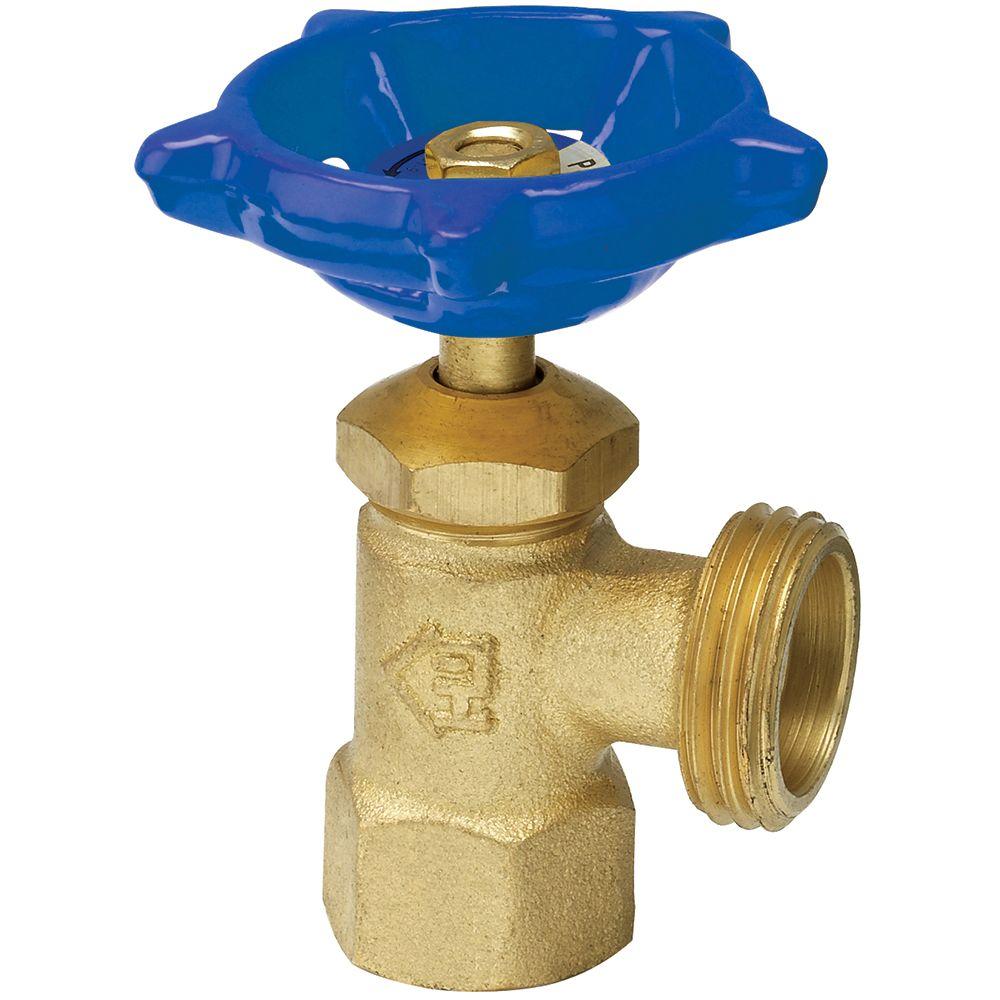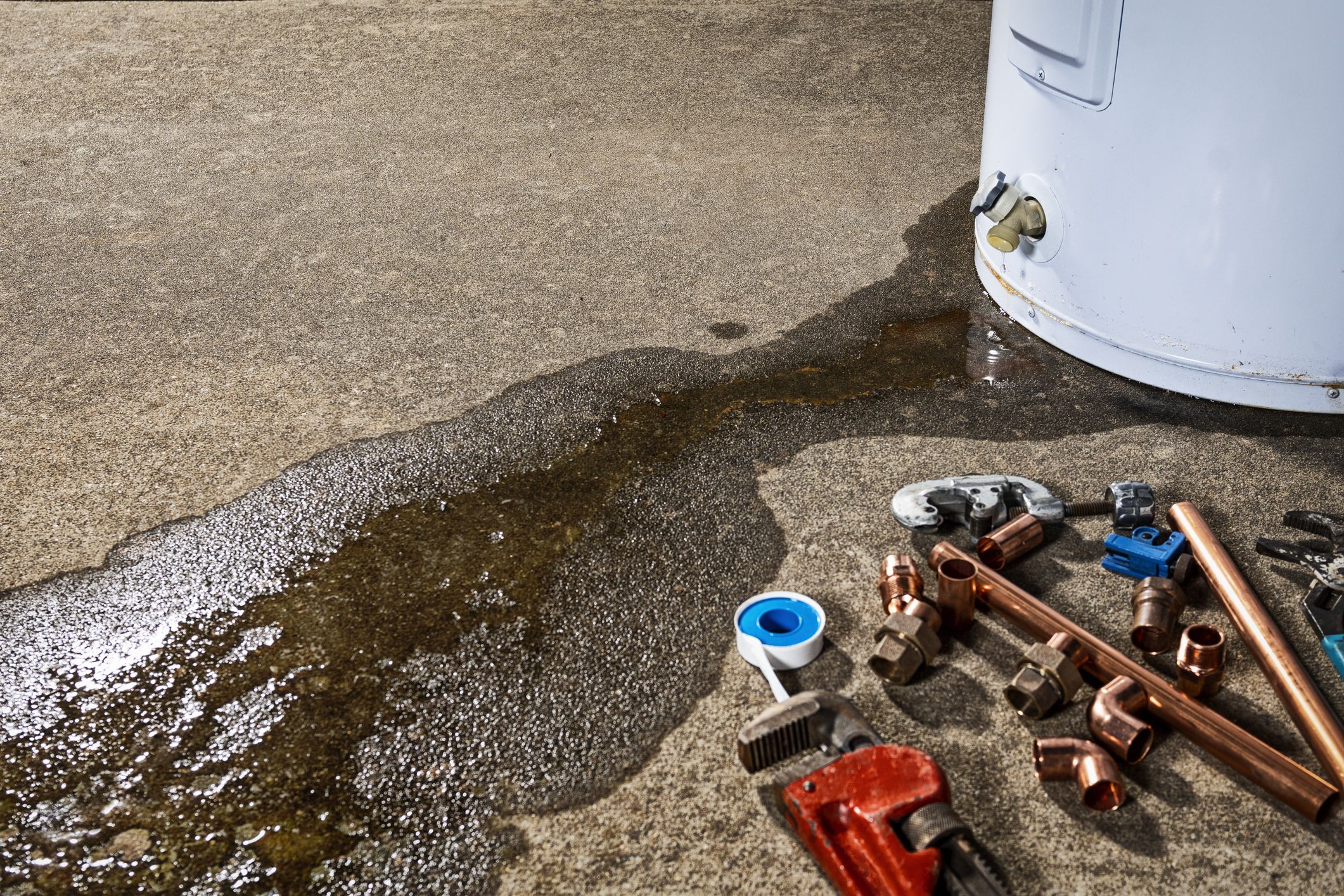Listed here down the page you will discover some good advice all about 3 Effective Methods to Protect Your Home for Potential Water Damage .

The plumbing system of your residence is a detailed network of pipelines and also shut-off shutoffs. In the event of an emergency, you can reduce the water using the valves.
Why Must I Fret about This?
Your bathroom sink is defective, so you can conveniently locate the shut-off valve underneath the sink. For major leakages, you need to close the mainline shut-off valve.
Comprehending just how to do this is vital in an emergency. The longer you wait to shut the shut-off valve, the extra extensive the damage will be. You may not have enough time to figure out just how to shut the shutoffs when you're stressing amidst an emergency. Learning it currently is the most effective thing so you can stay calm under pressure.
What Does the Shut-Off Shutoff Look Like?
This is typically a knob that allows you to turn off the water for a specific home appliance, a local area (for example the entire 2nd floor), or for the entire residential or commercial property. It is important to know where these shutoffs are, so when something surface in any type of location of your house, you can close it immediately. This will help you stay clear of significant water damages that will cost thousands to fix.
Where are These Located?
It may be challenging to situate them, particularly if your building allows. Your best option is to call a water restoration solutions company for guidance. Yet if you have a relatively moderate-sized home, attempt trying to find a knob or bar. This is normally located in the adhering to areas:
- On the perimeter wall
- If you have a basement, browse at the eye level
- If you are on the ground flooring, look for it on a lower flooring
- The main shut-off shutoff is usually near the outside water meter
- Under the sink
- Alongside the hot water heater
- Commonly, contractors set up the shutoffs near or within the main, ground-floor washrooms. The shutoffs are meant to be noticeable, some pick to camouflage them for aesthetic factors.
When to Call an Expert?
Must the abovementioned be the case for your local shutoffs, you have nothing else choice yet to shut off the primary water line, cutting the source of water in your whole house. Call the plumber to check the trouble and also closed off the shutoff in that area only so you can utilize the remainder of the plumbing in various other locations of your residence.
Bear in mind, these shutoffs are lifesavers as well as vital for any type of plumbing repair service. In the event of a plumbing emergency, shut down these valves to prevent complications that call a credible water damage reconstruction company.
The plumbing system of your house is an intricate network of pipelines as well as shut-off valves. In the event of an emergency, you can reduce the water making use of the valves. The longer you wait to close the shut-off valve, the a lot more extensive the damage will certainly be. It is important to understand where these shutoffs are, so when something crops up in any area of your house, you can shut it right away. In the event of a plumbing emergency, shut down these valves to avoid difficulties that call a respectable water damages restoration carrier.
Where is My Main Water Shut Off Valve? And How Do I Turn it Off?
What is the Main Water Shut Off Valve?
The main water shut off valve controls the flow of fresh water into your entire home. Water arrives at your home from a public source of water like your municipality’s water supply. Sometimes, it comes from a private source like a well.
Water first has to get past a gatekeeper to flow through your pipes and find its way to the rest of the house. That gatekeeper is your main water shut off valve. When turned on, the flow of water is available everywhere in your home. When turned off, water is no longer available in your home.
There also are water shut off valves that control the flow of water into a specific fixture (as opposed to the entire house). The shut off valves under your toilet, kitchen sink, or washing machine are three examples.
Where is the Main Water Shut Off Valve?
The main valve for your water supply is usually found in the basement or utility room near the water meter, water heater, or on the front wall closest to the street.
In older apartment buildings, the main water supply valve is located in the basement. However, in some new buildings, main water supply valves are located on each floor in the utility room.
Wait, you don’t have a basement? No problem. Check one of your closets. It’s often found in the closet closest to the front door but could be in any utility closet. If you still can’t find it, look around your water heater (which might also be in a closet).
To make sure you’ve marked the correct valve, turn on a sink faucet and then shut off the main valve. If the water from the sink stops, then you’ve found the right valve.
Gate Valve
This type of shut off valve has a wheel-shaped know handle (or knob). It is most often found in older homes. It can be difficult to turn if it is dirty or has not been used in a long time.
Ball Valve
This type of shut off valve is more commonly seen in newer homes. It has a lever handle that requires only a quarter turn to shut it off. If installed properly, the lever is in line with the pipe that it’s attached to when turned on. When turned off, the lever is perpendicular (at a 90-degree right angle) to the pipe.
https://www.1tomplumber.com/where-main-water-shut-off-valve/

Do you appreciate more info about 3 Efficient Tips to Guard Your Home from Showers and Storms? Leave a short review below. We would be glad to see your views about this article. We hope to see you back again in the future. Sharing is nice. Helping people is fun. Many thanks for your time. Please pay a visit to our website back soon.
Address emergency plumbing promptly here.



